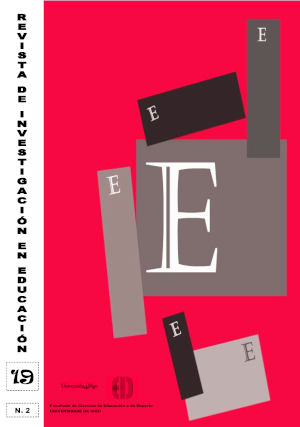Psychometric properties of the School Perceived Social Cohesion Scale
DOI:
https://doi.org/10.35869/reined.v19i2.3670Keywords:
Social Cohesion, Psychometric Properties, Confirmatory Factor AnalysisAbstract
This article presents evidence of construct validity and reliability for an evaluation scale of perceived social cohesion in the school, through measures of participation, collaboration and sense of belonging. The instrument was built from indicators used in the school context for each of these variables, and on the basis of what the scientific literature on social cohesion has postulated about the dimensions that make up this complex construct. The instrument was tested in a sample of 692 elementary and middle school students from the San Pedro de la Paz district (Chile). An exploratory factor analysis was carried out to estimate the construct validity of the scale using robust methods with Oblimin rotation and confirmatory using a robust weighted least squares estimator; in addition to evaluating the reliability with the McDonald's Omega coefficient. The results show a structure of three factors, in accordance with the theoretical proposal that guides the study, concluding that the scale appears to be a valid and reliable measure for use in school-age students, contributing to educational research on social cohesion.
Downloads
Downloads
Published
Versions
- 2024-04-15 (2)
- 2021-10-30 (1)
Issue
Section
License
Copyright (c) 2021 Revista de Investigación en Educación

This work is licensed under a Creative Commons Attribution-NonCommercial-NoDerivatives 4.0 International License.
The acceptance of the papers for publication, means that the printing and reproduction rights are owned by the journal. The conditions of use and reuse of content are those established in the Creative Commons CC BY-NC-ND 4.0 license.



